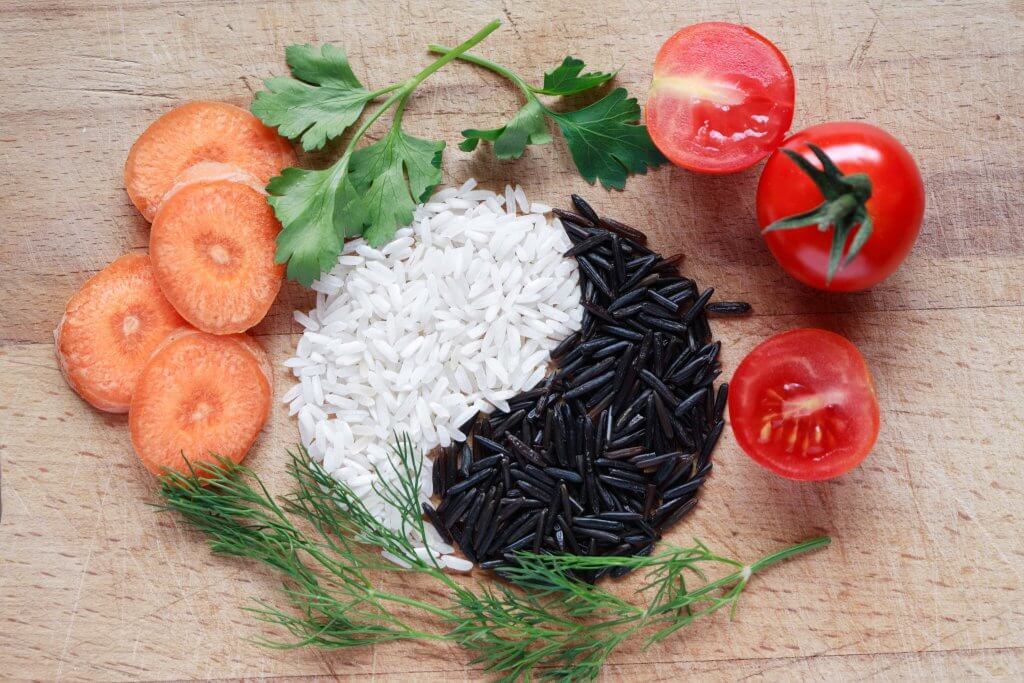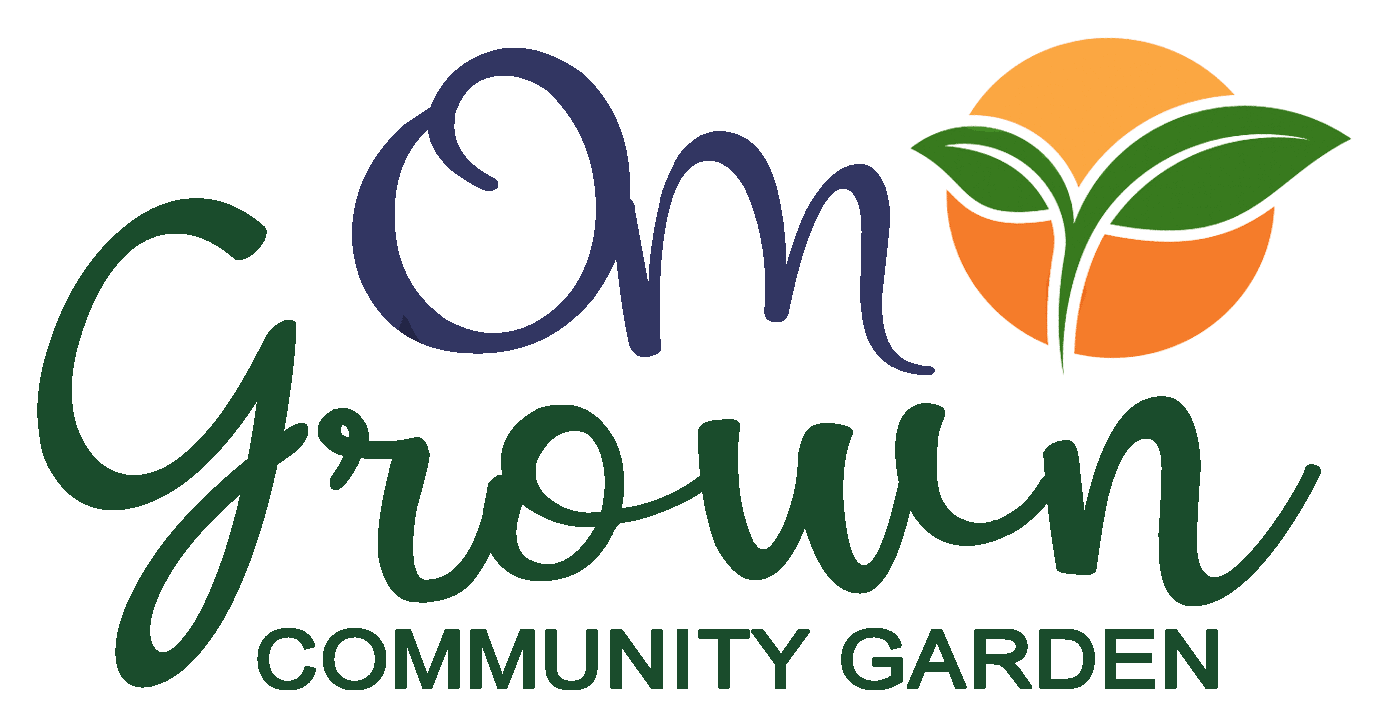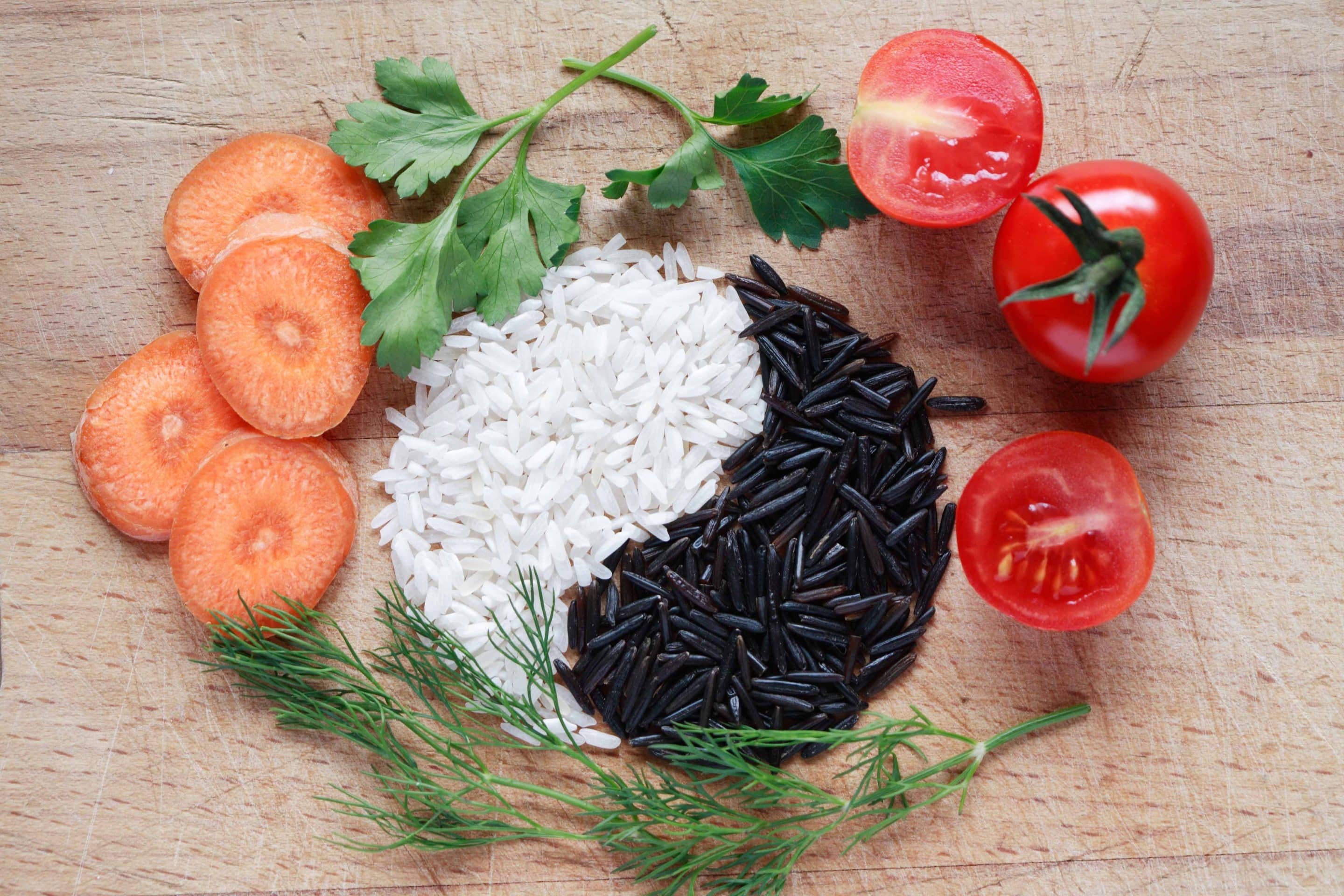Table of Contents
We begin life as energy and all that we do is move in various planes of energy manifesting in a myriad of forms. Evolution has orchestrated the means through which all creatures will be able to take in the energies and it appears that while humanity has been generously blessed with much to choose, there are two absolutes that must be sustained: food and air.
One must eat as one must breathe. These cannot be ignored or forsaken. While we need at least 2 meals, there are upwards of 10, 000 or more breaths in any given day. The quality of both cannot be compromised lest we become as such. But, my friends, it is not merely the substance but how we decide to take these energies into our bodies. The food that we choose for the sake of optimal health should be comprised of land and sea plants with minimal or no animal flesh or secretions. Locally grown crops that are organic and lovingly prepared by the hands with the proper ratios of grain, bean, seed, leaf, and soup is of utmost importance. In the act of dining, there should be no disturbances by loud noise, careless chatter, newspapers, cell phones, computers, televisions and such. Chaotic vibrations will disrupt one’s digestion of food energy. Soft speech, gentle music or natural sounds are not disruptive, however. The air quality should be clean, smoke-free and non-irritating. A proper seated posture with back straight and feet placed down on the floor in a sturdy chair is recommended. Other positions that are also appropriate: seated on natural (preferable) floor or mat/cushion in a lotus posture having legs closely tucked toward the body or in seiza(1) on a mat or cushion. A graceful bearing in the act of eating will help optimize digestion into the sanctum we call the hara(2). It is also best for air exchange. Standing or walking positions are not recommended as the energy flow is not directed to the digestive tract but rather the lower limb muscles. A moment of silence and gratitude is important before the first mouthful of nourishment and then comes the act or art of the chew.
“And chew well your food with your teeth, that it becomes water, and that the angel of water turn it into blood in your body.”
-Jesus, The Essene Gospel of Peace
Chewing or mastication is perhaps the most important action that one can perform during a meal. Taking a small amount of food and chewing at least 30 to 50 times down to the liquid form will make for the most efficient transformation of the food energy into an absorbable form for the body to utilize. If you have a weakness or are afflicted with an illness, moreover, it is best to chew each mouthful 100 or more times as the body will need this breakdown with the utmost completeness. It is noteworthy that the saliva of the mouth offers the main enzymatic substances that digest carbohydrates. The latter are the chief macronutrients that must be processed best and that is accomplished by the conscious act of serious chewing.
Saliva in chewing will alkalize the food that is entered into the mouth and this pH change will promote and attract the stimulation of the acid milieu (lower pH) from specialized stomach glands. This is a natural “yin-yang attraction”(3), i.e. alkaline attracts acid. Once the food enters the stomach, the acid-alkaline mix with other alkaline enzymes from the pancreas generates alkalinity once again that can then be properly absorbed by the small intestinal cells. What is remarkable is the balance of one’s health that happens smoothly and elegantly when there is maximal chewing action. If there is limited or minimal grinding of the food in the mouth due to unconscious eating, the stomach activity is not as efficient and the result is more acid food delivered to the small intestine. This results in more acidic blood conditions, hence, weakness, reduced energy and lowered body resistance to illness and disease.
Meanwhile, as we are chewing and before a swallow or deglutition, we breathe. But, the moment a swallow is about to launch, the airway is immediately covered by a precise mechanism that is perfectly timed. There is no air movement at that moment. Once the swallow is complete, a breath is then taken in again. If we talk, laugh or become agitated during mastication, the risk of choking or aspirating food into the airway is high and, thus, should be avoided. Coordination of the chew and the act of breathing must be in order and when we are conscious, it all works very well. Taking very calm and relaxed breaths as we consume a meal will enhance the benefit of the food energy as oxygen (energy) synergizes with the ingested nutrients.
It is important to fully comprehend the taking in of food that the body must be in a relaxed state in order for the digestive process to be totally complete. In their book, Take a Deep Breath, doctors, J. Loehr, PhD and J. Migdow, M.D. reveal what happens when we are stressed and in the position to eat: “….When the diner is relaxed and ready to eat, the parotid glands produce saliva that contains digestive enzymes and is watery; it easily digests food being chewed. Under stress, however, sublingual glands exude a thick saliva that is devoid of digestive enzymes…” It behooves us all to become completely aware of how we are thinking, behaving and interacting with our environments for the sake of preparing our bodies for the next meal (and breath) that we cannot be without…chew-th be told.
The spiritual power of eating is born out of the balanced forces of yin and yang. The higher or celestial energy (yin) descends into the uvula and meets the lower upward energy (yang) of the tongue to interact with the jaw movements in mastication. Each tooth has a role in the deconstruction of the food substances and most of the dentition is comprised of grinding molars. The latter type is what we need to break down grain and seed efficiently. A person who is taking in food with gratitude to the cook (this may be oneself) and to the elements that created the food – sun (predominantly yang), moon (predominantly yin), air (yin and yang), earth (yin and yang) and waters (yin) – will also know every mouth and body posture as sacred. Every motion is a devotion to a higher universal strength. Indeed, every chew, breath and swallow counts. And, the lighter the food, i.e. plant-based without intense or strong sauces and flavors, the more yin-yang balanced it is with less clutter to the brain matter. This is ideal for more upward or spiritual processes. Those who wish to move into a transcendental state will naturally be inclined toward less volume of food and that which is easily assimilated. Note: extreme yin food is not advised such as strong spice, sugar, liquids and alcohol as this creates an imbalance in the mind. Serene meditative states are not possible and a person will need to clear such substances from the body and mind before seeking such states. Heavier, more yang foods, on the other hand, have more intense energies that allow for more physical activities concentrated downward into the muscles and limbs. This is not conducive to upward, higher chakra actions.

For better health and to live a spiritual life, one is advised to retain a plant-based organic food program that is managed well from one meal to the next every single day. One should not stray or veer off into territory that can alter, disturb or obstruct the gut. This will only happen when one is ready and willing to assume the best substances to be ingested, the best postures to effectively nourish the cells, the longest times to chew and the cleanest of air to inspire.
Our lives are strengthened or weakened by the direction we choose to follow. If we decide to consume food, water and air with sensitivity, we thrive. Otherwise, we suffer in one form or another. In The Book of Macrobiotics, Michio Kushi reminds us of the power that we all have: “Through what we consume, we change the quality of our body, mind and spirit. Each of us is responsible for his or her own life and destiny. We are our own masters, and no one else can chew for us.”
Let us be more truthful in life by being more chewthful in the bite.
Definitions
(1) seiza (pronounced say za)- a traditional seated posture in Japanese culture in which the person is seated on a flat surface with back straight, knees bent and buttocks resting atop the heels that are slightly turned outward with large toes touching as if forming a triangle; arms gently placed in lap.
(2) hara– known in Japanese culture as the seat of “chi” or life energy, located in the area of the navel in the abdomen of the human body.
(3) yin-yang– described in Chinese culture as the naturally-occurring complimentary forces found in all Nature. Yin attracts yang and vice versa. Yin refers to inward, cool, dark, passive, earth-related forces while yang refers to outward, hot, light, active and sky or heavenly energies.
Reference:
Stanchich, L. Power Eating Program. USA: Healthy Products, Inc., 1989





